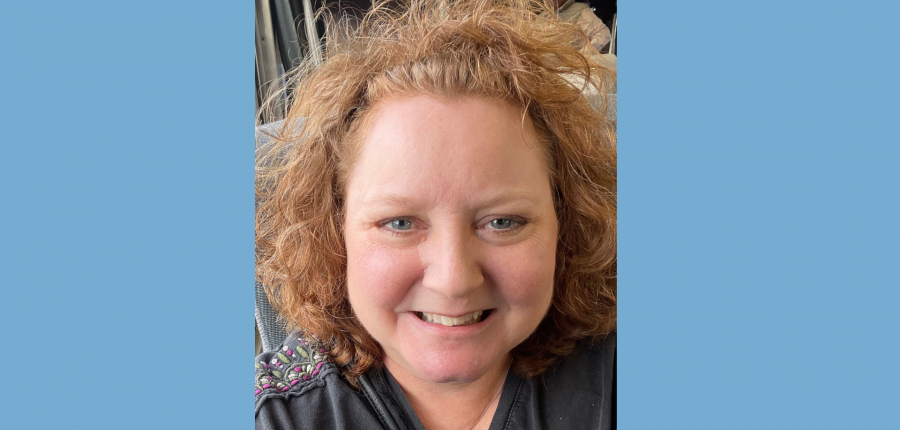An Interview and an “Anchor Box”

A patient at Burlington/Mebane Pediatrics who agreed to an appointment with Cathy Wooton, Behavioral Health Care Manager, was invited to sit on a couch in her office, not an examination table in an exam room. Wooton approached the initial visit as an interview. Her goal was to get to know a patient, their world, and its possible stressors.
For much of her long career as a registered nurse, Wooton worked mostly with newborn babies, and is an international, board-certified lactation consultant (IBCLC). In 2022, when Burlington/Mebane Pediatrics invited her to join the practice in a dual role that included becoming its Behavioral Health Care Manager, Wooton welcomed the opportunity.
“I think that not only as nurses, but just as people, learning and changing is always a good thing,” she said.
Undergoing training in the CoCM model gave Wooton and the practice the tools to begin implementing it in June of 2023.
Wooton brought an open curiosity to meetings with her patients, who are older than babies, and able to answer her questions about their lives and possible concerns. When starting with a new patient, her first question was always: What are you good at?
To continue getting to know them, and to help illuminate any issues, she also practiced motivational interviewing – a communication method designed to strengthen personal motivation for and commitment to a specific goal by eliciting and exploring one’s reasons for change within an atmosphere of acceptance and compassion.
She reminded patients of coping skills for anxiety, such as box breathing (inhaling, holding in, exhaling, and holding out the breath – each for a count of four), and brought more tools to help someone stay grounded. Together, the tools could be thought of as an “anchor box.”
Inside an anchor box, there could be:
- A postcard that gives an overview of the behavioral health process at Burlington/Mebane Pediatrics;
- A notebook for drawing or journaling, with a pen that has several colors of ink;
- A deck of cards (not playing cards), each card containing an affirmation or a suggested grounding exercise;
- A beaded bracelet, helpful for counting the beads as a grounding exercise. “Some of the beads are made with rough stones, some with smooth stones,” Wooton said. “Feeling and noting the different textures of the stones is calming and a task for your brain.”
Using tools like this are part of the CoCM model, a model that shows most children show improvement within six months.
Although Wooton has since moved into another position at Burlington/Mebane Pediatrics, her contributions to CoCM helped lay the foundation for the practice. A new BHCM is on board and continuing the success and sustainability delivering behavioral health care to children.
There are over 90 practices in North Carolina now offering this evidence-based model to their patients.
